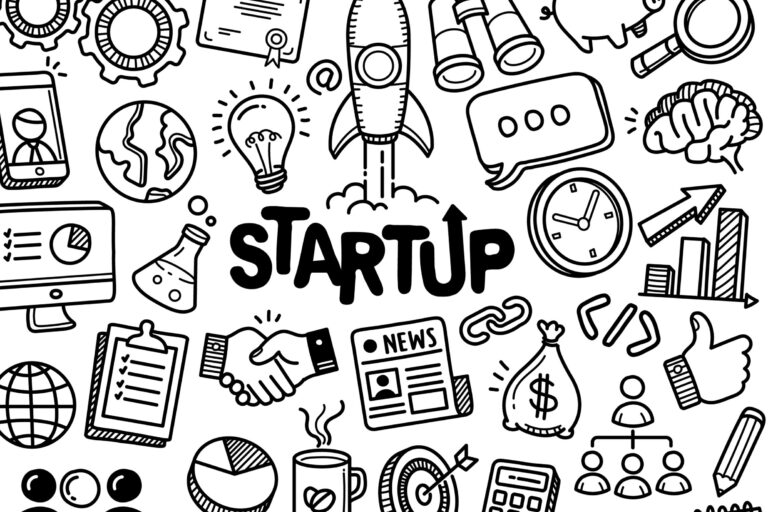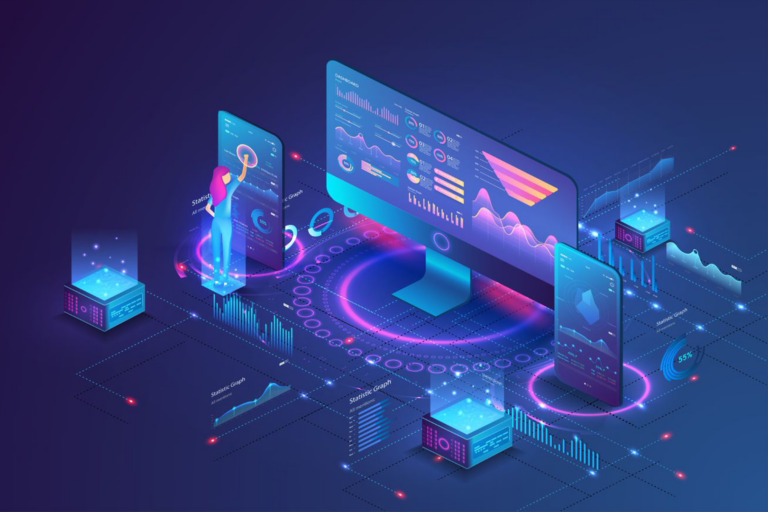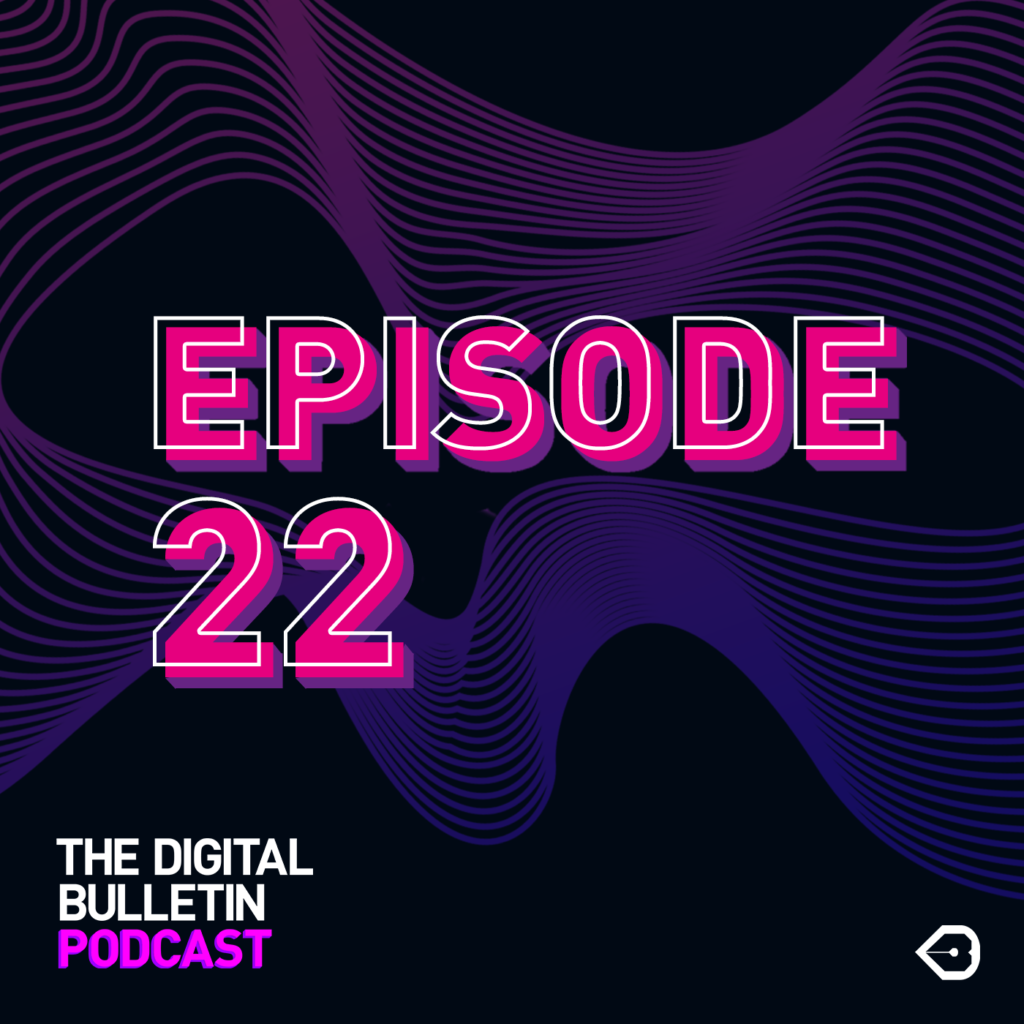
What if every employee had an AI co-worker?
Imagine AI agents as teammates, not tools – amplifying collaboration, aligning goals, surfacing knowledge, and transforming teamwork into something smarter, faster, and more human-focused.

Imagine AI agents as teammates, not tools – amplifying collaboration, aligning goals, surfacing knowledge, and transforming teamwork into something smarter, faster, and more human-focused.

Workplace tech should empower, not monitor. Transparent, employee-first tools build trust and efficiency, making offices more welcoming, productive, and human—not controlled environments driven by fear.

AI agents are reshaping business travel, but when disruption strikes, human judgment and empathy remain essential for delivering a reliable, stress-free traveller experien

Hybrid organisations blend human talent, digital tools, and AI to drive agility, innovation, and resilience—redefining leadership, communication, and performance in the future of work.

Five years after COVID reshaped work, experts reveal how flexibility, technology, and human-centric strategies are driving the future of productivity across industries.

Jesús Barrasa of Neo4j explains how Agentic AI, powered by connected data and graph technology, enables smarter, autonomous decisions with greater trust, accuracy, and insight.

Vadim Vladimirskiy, CEO of Nerdio, shares lessons on scaling a business sustainably, focusing on adaptability, customer-centric innovation, and cultivating a strong company culture.

Nerdio founder and CEO Vadim Vladimirskiy on building a company and a culture devoted to making IT professionals’ lives easier.

Geoff Barlow, Product and Strategy Director at Node4 explores AI’s impact on jobs and cybersecurity, addressing concerns while highlighting the potential for new opportunities and the need for proactive planning and training.

As AI systems become more autonomous, organisations must build teams skilled in AI safety and alignment. The future of AI depends on expertise in scaffolding, ethics, and oversight.

Great data stories turn insights into action. By focusing on business priorities, speaking in financial terms, and advocating for users, analysts can drive impactful, data-driven decisions.

As generative AI and LLMs have increasingly become a staple in how teams work, the demand for skills to effectively leverage these technologies has surged

Steve Elcock, neuroscientist and founder of elementsuite, runs down the global state of play in AI and says effective regulation needs a prefrontal cortex.

Founded in pandemic lockdown, Workwize seized its chance to cater for the sudden emergence of borderless workforces. CEO Michiel Meyer discusses the forces at play.

Tech innovations are alleviating burnout in the legal sector by automating menial tasks, allowing lawyers to focus on client service and enhancing overall workplace wellbeing.

The cloud makes real-time intelligence available to decision makers on demand, enabling resilient and sustainable growth even in uncertain times.

Economic downturns challenge stability but offer IT leaders opportunities to innovate, align strategies with business goals, optimise costs, and drive future success.

Rajiv Shesh, head of HCLSoftware and Corporate Vice President of HCLTech, on the impending effects of AI on business, society, and every last one of us.

To bridge the UK’s productivity gap, modernising systems, adapting work habits, and boosting digital skills across all organisational levels are crucial strategies.

Figma introduces Dev Mode to bridge the designer-developer gap. The goal: seamless collaboration in digital product development. In conversation with Figma’s Oscar Nilsson and Tom Duncalf.

Explore strategies from Splunk’s Mick Baccio to tackle stress, foster team empowerment, and embrace AI in cybersecurity.

AI’s rapid growth widens the digital skills gap, urging leaders to prioritise tech and AI literacy through upskilling.

Gen AI can transforms operations, offering rapid prototyping, data analysis, and industry-specific transformative opportunities.

Launching successful tech start-ups requires leveraging systemic shifts, fostering collaboration, and iterating quickly.

Inside the ambitious transformation of Deutsche Telekom IT

A fresh approach to automation is driving new efficiencies in ABB’s Procurement & Logistics (GBS) organisation.

We are on the precipice of a technological revolution in the form of 5G, but are we ready?

Industry experts cast their eye over DXC Technology’s 2020 technology trends and the future of work

Validity’s Chris Hyde explains why businesses must invest time and resources into data governance

Ash Patel, Chief Information Officer for IRI, writes for NODE

This month, the pod team welcomes a panel of industry experts to discuss the growth of cloud-native development and the challenges companies might have to confront when adopting this model.
Featuring Red Hat’s Erica Langhi, MongoDB’s Andrew Davidson and HeleCloud’s Detelina Vassileva.

This month, Ben, Rom and James pick up the pieces from the collapse of Project JEDI. The panel also reviews our Talon Outdoor case study, and Ben interviews Job van der Voort, CEO of Remote.

Imagine AI agents as teammates, not tools – amplifying collaboration, aligning goals, surfacing knowledge, and transforming teamwork into something smarter, faster, and more human-focused.

Workplace tech should empower, not monitor. Transparent, employee-first tools build trust and efficiency, making offices more welcoming, productive, and human—not controlled environments driven by fear.

AI agents are reshaping business travel, but when disruption strikes, human judgment and empathy remain essential for delivering a reliable, stress-free traveller experien

Hybrid organisations blend human talent, digital tools, and AI to drive agility, innovation, and resilience—redefining leadership, communication, and performance in the future of work.

Five years after COVID reshaped work, experts reveal how flexibility, technology, and human-centric strategies are driving the future of productivity across industries.

Jesús Barrasa of Neo4j explains how Agentic AI, powered by connected data and graph technology, enables smarter, autonomous decisions with greater trust, accuracy, and insight.

Vadim Vladimirskiy, CEO of Nerdio, shares lessons on scaling a business sustainably, focusing on adaptability, customer-centric innovation, and cultivating a strong company culture.

Nerdio founder and CEO Vadim Vladimirskiy on building a company and a culture devoted to making IT professionals’ lives easier.

Geoff Barlow, Product and Strategy Director at Node4 explores AI’s impact on jobs and cybersecurity, addressing concerns while highlighting the potential for new opportunities and the need for proactive planning and training.

As AI systems become more autonomous, organisations must build teams skilled in AI safety and alignment. The future of AI depends on expertise in scaffolding, ethics, and oversight.

Great data stories turn insights into action. By focusing on business priorities, speaking in financial terms, and advocating for users, analysts can drive impactful, data-driven decisions.

As generative AI and LLMs have increasingly become a staple in how teams work, the demand for skills to effectively leverage these technologies has surged

Steve Elcock, neuroscientist and founder of elementsuite, runs down the global state of play in AI and says effective regulation needs a prefrontal cortex.

Founded in pandemic lockdown, Workwize seized its chance to cater for the sudden emergence of borderless workforces. CEO Michiel Meyer discusses the forces at play.

Tech innovations are alleviating burnout in the legal sector by automating menial tasks, allowing lawyers to focus on client service and enhancing overall workplace wellbeing.

The cloud makes real-time intelligence available to decision makers on demand, enabling resilient and sustainable growth even in uncertain times.

Economic downturns challenge stability but offer IT leaders opportunities to innovate, align strategies with business goals, optimise costs, and drive future success.

Rajiv Shesh, head of HCLSoftware and Corporate Vice President of HCLTech, on the impending effects of AI on business, society, and every last one of us.

To bridge the UK’s productivity gap, modernising systems, adapting work habits, and boosting digital skills across all organisational levels are crucial strategies.

Figma introduces Dev Mode to bridge the designer-developer gap. The goal: seamless collaboration in digital product development. In conversation with Figma’s Oscar Nilsson and Tom Duncalf.

Explore strategies from Splunk’s Mick Baccio to tackle stress, foster team empowerment, and embrace AI in cybersecurity.

AI’s rapid growth widens the digital skills gap, urging leaders to prioritise tech and AI literacy through upskilling.

Gen AI can transforms operations, offering rapid prototyping, data analysis, and industry-specific transformative opportunities.

Launching successful tech start-ups requires leveraging systemic shifts, fostering collaboration, and iterating quickly.